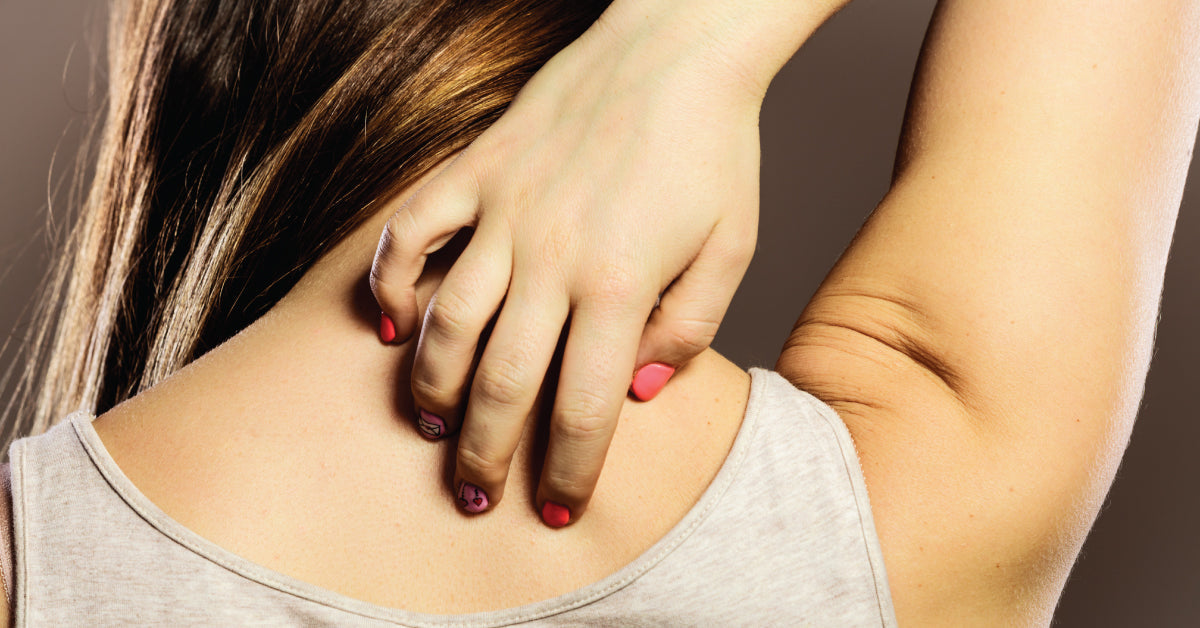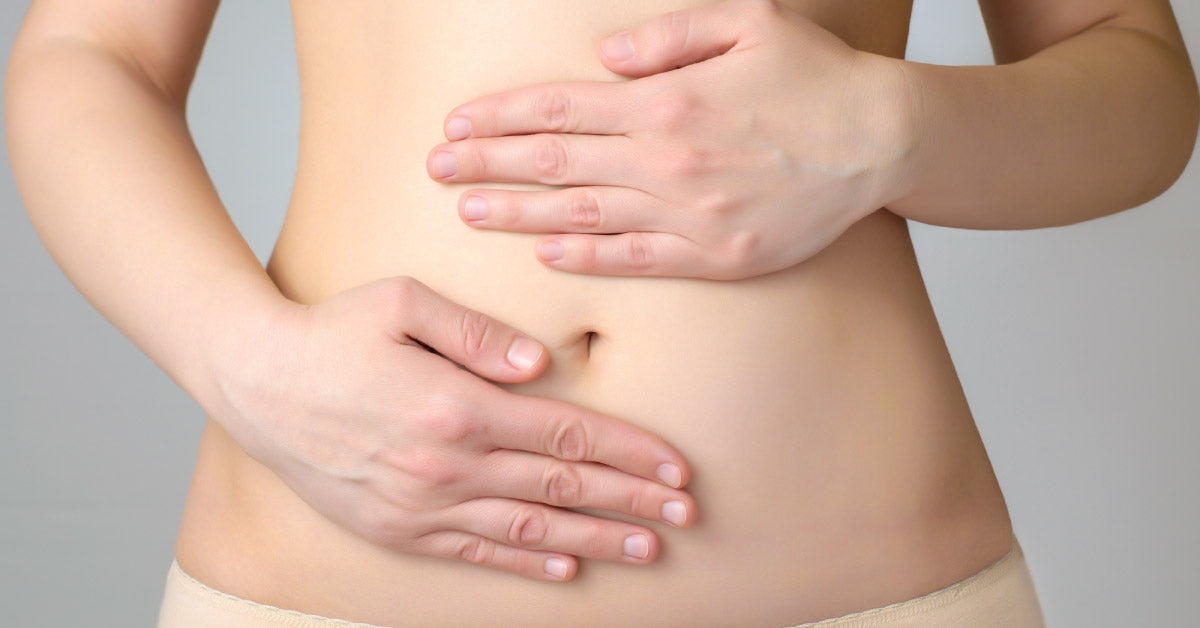by Freda Coetzee
The Gut Health Comeback Plan: Rebuild, Repair, Restore
What is gut flora, and why does it matter?
Your gut microbiome is the community of tiny living organisms, like bacteria, fungi, and viruses, that live in your digestive system, mainly in your intestines. These microbes help break down food, absorb nutrients, support your immune system, and even affect your mood. When the balance between the good and bad bacteria is right, your gut works well. But when it’s off, it can lead to problems like bloating, low energy, or a weak immune system.
What does the gut microbiome do?
Digestion
The good bacteria in your gut help break down the food you eat so your body can absorb nutrients properly.
Immunity
About 70% of your immune system lives in your gut. A healthy gut helps fight off harmful germs and keeps you from getting sick too often.
Mood
Your gut makes brain chemicals like serotonin, which helps control your mood, sleep, and how you feel. That’s why the gut is often called your “second brain.”
Overall Health
A balanced gut microbiome supports energy levels, reduces inflammation, helps maintain a healthy weight, and even keeps your skin clear.
Signs your gut microbiome is out of balance.
Bloating and gas – Feeling puffy or gassy after meals.
Constipation or diarrhea – Trouble going to the toilet regularly or sudden urges.
Food intolerances – Suddenly reacting to foods you used to handle just fine.
Frequent illness – Getting sick often, or taking longer to recover.
Low energy – Feeling tired all the time, even after a good night’s sleep.
Brain fog – Struggling to concentrate or think clearly.
Mood swings or anxiety – Feeling more anxious, irritable, or down than usual.
Bad breath or coated tongue – Signs of imbalance starting in the mouth.
Skin issues – Acne, eczema, or rashes that won’t go away.
Strong sugar cravings – “Bad” bacteria feed on sugar and make you crave more.
Which Foods Help Restore and Support a Happy Gut?
1. Fermented Foods (Probiotics)
These contain live “good” bacteria that boost your gut microbiome.
Yogurt (with live cultures)
Kefir
Sauerkraut
Kimchi
Miso
Kombucha
2. Prebiotic-Rich Foods
These feed the good bacteria already living in your gut.
Garlic
Onions
Leeks
Bananas (especially slightly green)
Asparagus
Oats
Apples
3. Fiber-Packed Plant Foods
Gut bacteria love fiber – it keeps everything moving and supports overall balance.
Leafy greens (spinach, kale)
Broccoli
Carrots
Lentils and beans
Whole grains
4. Gut-Friendly Extras
Bone broth (soothes the gut lining)
Chia seeds and flaxseeds (rich in fiber and omega-3s)
Ginger (helps digestion)
Green tea (mild anti-inflammatory)
10 Daily habits to keep your gut microbiome healthy and happy.
Chew Your Food Slowly and ThoroughlyHelps your body digest better and reduces stress on the gut.
Manage StressChronic stress can harm your gut bacteria. Practice deep breathing, meditation, journaling, or take brief breaks during the day.
Get Regular Physical ActivityGentle exercise like walking or stretching can boost gut function and help good bacteria thrive.
Prioritize Quality SleepAim for 7–9 hours per night. Your gut and brain repair and rebalance during sleep.
Maintain a Consistent Sleep-Wake ScheduleGoing to bed and waking up at the same time each day supports your body’s natural rhythms, which benefit the gut.
Avoid Overuse of Antibiotics and Unnecessary MedicationsThese can disrupt your microbiome by killing off healthy bacteria.
Limit Exposure to Harmful ChemicalsAvoid excessive use of harsh cleaning products, antibacterial soaps, and unnecessary sanitizers that may reduce microbial diversity.
Spend Time in NatureGetting outdoors and interacting with natural environments exposes you to beneficial microbes that may support your microbiome.
Limit Sitting for Long PeriodsTake breaks to stand or move throughout the day – it helps digestion and keeps your body in balance.
Stay Hygienic, Not SterileKeep clean, but don’t be afraid of a little dirt – over-sanitizing can reduce helpful microbial exposure.
Restore and maintain your gut health with natural supplements!
Manna Gut Support helps to reinstate digestive bacteria (good flora) & essential digestive enzymes, which helps to improve gut health and strengthen the immune system.
What are probiotics?
Probiotics are “good” bacteria that help keep your gut healthy. They work by adding more beneficial microbes to your digestive system, which helps balance the gut microbiome. When the good bacteria outnumber the bad, your digestion improves, your immune system gets stronger, and you may even feel better mentally, since the gut and brain are closely connected.
What probiotics are in Manna Gut Support and what do they do?
Manna Gut Support contains 4 different probiotics essential to proper gut health
Lactobacillus acidophilusThis probiotic helps break down food, especially lactose (the sugar in milk), and supports a healthy gut lining. It also helps prevent the growth of harmful bacteria and supports your immune system.
Bifidobacterium longumKnown for reducing inflammation and supporting immune health, this strain also helps break down carbohydrates and protects your gut from toxins. It may also support mental clarity and mood.
Bifidobacterium bifidumThis probiotic helps with the digestion of fiber and nutrients. It also protects the gut wall and helps prevent “bad” bacteria from sticking around. It’s especially important in keeping your intestinal lining strong.
Bifidobacterium lactisOne of the most common and well-studied probiotics, this strain helps improve digestion, regular bowel movements, and nutrient absorption. It also supports immune defense and may reduce symptoms of bloating or gas.
How long will it take for my gut microbiome to heal?
The gut microbiome is delicate and depending on the severity of the damage it can take 2 to 12 weeks for there to be signs your gut is healing.
Ready to feel better from the inside out?
Taking care of your gut doesn’t have to be complicated. With a few simple daily habits and the right support, you can rebuild, repair, and restore your digestive health, naturally.
If your gut needs a helping hand, Manna Gut Support is a powerful way to get back on track. Packed with essential probiotics and digestive enzymes, it’s designed to restore balance, boost immunity, and help you feel your best every day.
Your gut is the foundation of your health. Give it the care it deserves!
Manna Gut Support
Get natural relief from gut and digestive related problems
The Manna GUT Support helps to reinstate digestive bacteria (good flora) & essential digestive enzymes which helps to improve gut health and strengthen the immune system.
Shop Now
Manna Gut Support informasie nou beskikbaar in Afrikaans!
Lees Nou
Manna Gut Support is Available at
5/5
“I have struggled for many years with bloating, tried many different products. Then I came upon Manna Gut Support. Excellent product!! No more bloating. I feel great. It is very easy to order online. I have received the product in only a few days. Excellent service from Manna.”
Suzette
What is it?
The Manna Gut Support contains:
Probiotic Blend (1-4)
Digestive Enzyme Blend (5)
L-Glutamine (6)
Cacao powder (antioxidant) (7)
This combination helps to help reinstate the balance of gut flora and digestive enzymes and to improve the immune function of the body.
This formulation of the highest quality natural ingredients was specifically designed to reinstate the good bacteria and digestive enzymes in the gut, assisting in the relief of gut and digestive related health problems.
The product is FREE from ALL major potential allergens and is free of ANY additives.
Probiotics
Lactobacillus acidophilus
Bifidobacterium longum
Bifidobacterium bifidum
Bifidobacterium lactis
Digestive Enzymes
Amylase
Protease
Invertase
Malt Diastase
Lipase
Cellulase
Lactase
5/5
“I would recommend this product definitely in 2 days I already felt a difference it does exactly what it says it does I love this product.”
Etienne
How does it work?
This formulation of the highest quality natural ingredients was specifically formulated to reinstate the good bacteria and essential digestive enzymes in the digestive tract, assisting in the relief of digestive related health problems and increase the immune function of the body.
The product is FREE from ALL major potential allergens and is free of ANY additives
Benefits of Manna Gut Support
Helps to reinstate the balance of digestive flora & essential digestive enzymes
Helps to improve digestive health and the function of the immune system
Suitable for weight loss, PCOS, IBS, Insulin Resistance, Diabetes, Candida, Infertility, Psoriasis, High Blood Pressure and High Cholesterol.
The different ingredients work in a holistic manner to balance the microorganisms in the digestive tract.
Digestive Enzymes assist in the breakdown of food
Probiotics provide ‘friendly’ intestinal flora that protects the intestines against harmful bacteria, and
L-Glutamine assists with the renewal of the lining of the digestive tract.
5/5
“This is an excellent product. I already felt the difference after just a few days of using it. I highly recommend it.”
Lilian
Buy Manna Gut Support online now!
Manna Gut support
R274.00Rated 4.69 out of 5
Add to basket
Sale!
Manna Blood Sugar 180 and Gut Support Special
R522.00 Original price was: R522.00.R469.00Current price is: R469.00.Rated 4.67 out of 5
Add to basket
Sale!
Manna Gut Support 3 Month Special
R822.00 Original price was: R822.00.R738.00Current price is: R738.00.Rated 4.68 out of 5
Add to basket
Manna Gut Support is Available at
5/5
“The product is value for money, my wife struggles with her gut. Since using the product she felt a difference within a few days.”
Hannes
Who can use it?
Anyone who wants to improve their digestive health
Persons seeking total constipation relief without laxatives
People who are tired of bloating and excessive flatulence
Individuals who want to strengthen the immune system
Individuals who want to reverse skin conditions like psoriasis, eczema, dry skin, boils and acne
Anyone who wants counteract constant fatigue
How to take it (Dosage)
Take 2 Capsules in the morning, with food.
Contra Indications:
Only if allergic to ingredients
Is It Safe to use?
Natural Ingredients: Yes
Manufactured in cGMP Facility: Yes
100% free of additives: Absolutely
Potential allergens: Wheat, Soy and Dairy FREE
Diabetic Friendly: Absolutely
Shelf Life: One year guaranteed
Can I use it with my current medication?
Yes, the Manna GUT Support is safe to use in conjunction with any other medication.
The product is diabetic friendly and very effective in assisting any person with digestive health problems.
5/5
“Love this product. My husband who has an autoimmune disease has been struggling with his stomach for years. Since taking Gut Support those issues are gone.”
Annalie Harris
Buy Manna Gut Support online now!
Manna Gut support
R274.00Rated 4.69 out of 5
Add to basket
Sale!
Manna Blood Sugar 180 and Gut Support Special
R522.00 Original price was: R522.00.R469.00Current price is: R469.00.Rated 4.67 out of 5
Add to basket
Sale!
Manna Gut Support 3 Month Special
R822.00 Original price was: R822.00.R738.00Current price is: R738.00.Rated 4.68 out of 5
Add to basket
Manna Gut Support is Available at
5/5
“I’ve had serve stomach pain because of stress, gut support really relieved that pain. I am a new person again. Gut health is so important. Thank you, Manna.”
Rika Swanepoel
Disclaimer
Manna GUT Support is a dietary supplement and not a medicine.
Research behind the Active Ingredients
Hempel S, Newberry SJ, Maher AR, et al. Probiotics for the prevention and treatment of antibiotic-associated diarrhea: a systematic review and meta-analysis. JAMA. 2012;307(18):1959–1969.
Hempel S, Newberry S, Ruelaz A, et al. Safety of Probiotics to Reduce Risk and Prevent or Treat Disease. Evidence Report/Technology Assessment no. 200. Rockville, MD: Agency for Healthcare Research and Quality; 2011. AHRQ publication no. 11-E007.
Didari T, Solki S, Mozaffari S, et al. A systematic review of the safety of probiotics. Expert Opinion on Drug Safety. 2014;13(2):227–239.
Duffy LC, Sporn S, Hibberd P, et al. Lactobacilli and Bifidobacteria. In: Coates PM, Betz JM, Blackman MR, et al., eds. Encyclopedia of Dietary Supplements. 2nd ed. New York, NY: Informa Healthcare; 2010:469–478.
Digestive Enzyme Supplementation in Gastrointestinal Diseases – Curr Drug Metab. 2016 Feb; 17(2): 187–193.
Ban, K. and Kozar, R. (2010). Glutamine protects against apoptosis via downregulation of Sp3 in intestinal epithelial cells. AJP: Gastrointestinal and Liver Physiology, 299(6), pp.G1344-G1353.
Cocoa and Chocolate in Human Health and Disease – Antioxid Redox Signal. 2011 Nov 15; 15(10): 2779–2811.


























